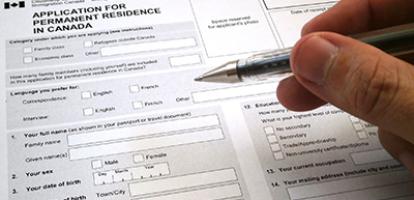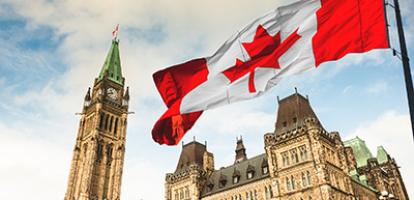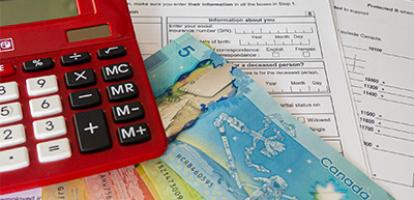Published in the Financial Post on April 3, 2012
By Benjamin Dachis
The recent failure of Aveos Fleet Performance Inc., the company that provides heavy maintenance services for Air Canada, has led to a House of Commons investigation into whether Air Canada violated the law that made Air Canada a private airline. This law is just one example of the backward Canadian aviation policies that the government should repeal.
The federal government privatized Air Canada in 1988 with the Air Canada Public Participation Act. The act requires that Air Canada maintain operational and overhaul centres in Winnipeg, Montreal and Mississauga, keep its head office in Montreal and offer services in English or French.
In 2004, as part of a bankruptcy restructuring, Air Canada became a subsidiary of ACE Aviation Holdings Inc. Several former constituents of Air Canada became separate companies. The company that eventually became Aveos took on the heavy maintenance services in Winnipeg, Montreal and Mississauga. Aveos provides heavy maintenance services — which all planes must periodically undergo — to Air Canada under contract. Air Canada has argued that the courts have found that it was following the spirit of the law by performing contracted maintenance in these three cities.
While the House of Commons committee will debate whether Air Canada violated the law, the committee should instead debate whether the government should immediately scrap it. The act is clumsily designed and imposes unnecessary burdens on Air Canada. It is unreasonable to ask the courts to fix the economic and political problems that Parliament has created.
Applying location and bilingual requirements on Air Canada and not its competitors creates an uneven playing field for Air Canada with its competitors. Air Canada, as the rest of its competitors already do, knows better than the government the specific markets that demand they provide services in both official languages or where the best maintenance crews are located.
The act also doesn’t have a sunset clause or require a regular review of whether the restrictions the government imposed in the late 1980s make sense today. Despite all the tumult in the aviation industry in the last 25 years, with the rise and fall of other competitors, airport reform and Air Canada’s bankruptcy, one of the few things in the aviation sector that hasn’t materially changed is the Air Canada Public Participation Act.
The act also limits foreign ownership of Air Canada to a 25% equity stake, although similar restrictions hobble other Canadian airlines. These restrictions make capital unnecessarily expensive for airlines. This is a potential major cost in such a capital-intensive industry.
Further, the “open skies” agreement between Canada and the U.S. does not allow passengers to travel between two points in one country on an aircraft owned by airlines based in the other country.
An isolated Canadian aviation hub-and-spoke network means that Canadian travellers miss the benefits of network economies. By increasing the number of connections, even if a number of those connections are not profitable themselves, each connection makes the other connections more valuable. Passengers at non-hub airports — the spokes — benefit from otherwise lower fares than in a point-to-point system by flying through hubs. In hub-and-spoke networks, competition occurs among networks, with the largest network generally having the lowest cost. A handful of small Canadian networks competing in isolation from larger U.S. networks means higher costs for Canadian travellers.
Whether in telecommunications, transportation or other network economies, an integrated North American market, whether achieved through entrance or acquisition by U.S. or other firms, would benefit Canadian travellers through lower costs from larger and competing network economies. Integrating Canada’s aviation network with that of the United States would spur Canada’s airlines to be more competitive.
The government also needs to tackle a number of other taxes and policies that specifically hobble the aviation sector, such as aviation fuel taxes and airport rent. Bankruptcy law and federal labour legislation may also deserve a review over the rest of the government’s mandate.
The federal government should allow airlines located in a foreign country to carry passengers between points in Canada. Similarly, the federal government should eliminate the maximum 25% of foreign ownership of a Canadian-domiciled airline.
It is time to treat Air Canada like a regular business by repealing the Air Canada Public Participation Act and putting the aviation sector on an even playing field.
Financial Post
Benjamin Dachis is a senior policy analyst at the C.D. Howe Institute and the co-author of “Excess Baggage: Measuring Air Transportation’s Fiscal Burden.”




